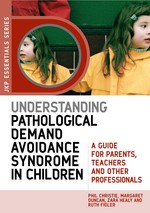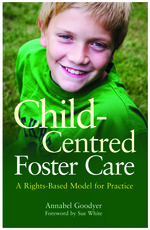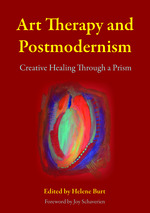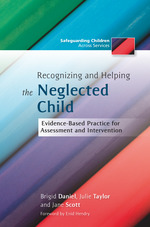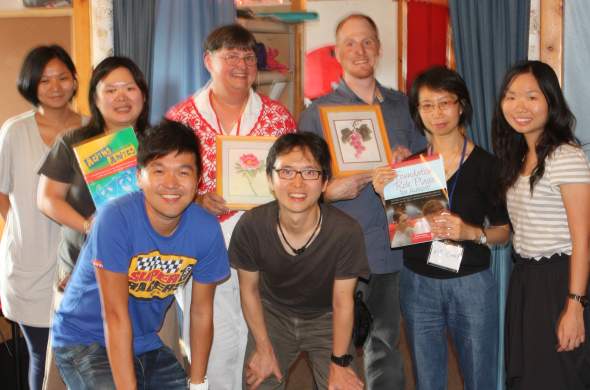Misunderstood “Misbehaviour” – Understanding Pathological Demand Avoidance (PDA) Syndrome in Children
“Many parents tell us that they have struggled to find a diagnosis that ‘makes sense’ of their child’s development and behaviour. Often they have read the descriptions of PDA and comment on how it is ‘like reading my child’s life story’. These parents don’t just want a label for their child – although they are often criticised for just that – but they want a way of understanding him or her. With understanding, they can then move forward knowing the best ways in which to manage their children, encourage them to be less anxious and reduce some of the outbursts that are having an impact on all of the family.”
